Key takeaway messages from our webinar series
In our webinar series, presenters have shared knowledge they have developed, either while working directly on HIBAR research projects or while working on institutional efforts to enable more of this type of work within the university system. You can watch a short video clip of the presenters sharing their key takeaway messages, as summarized below.
Jenny Irons & Alicia Sasser Modestino
Building Sustained Research-Practice Partnerships
- Successful changes within academic departments can catalyze broader institutional change
- For a change effort to succeed, it is important to identify and act upon the levers for change.
- Research teams may find it surprisingly challenging to convey what societal impact looks like for the problem they are addressing.
- Many faculty members benefit greatly from ongoing coaching for building effective relationships with external partners.
- Building and sustaining an effective research relationship takes a great deal of time.

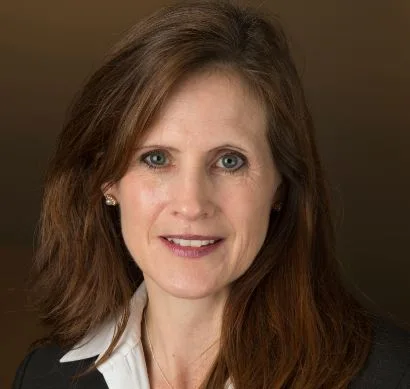
These are key messages from the January 2023 “Building Sustained Research-Practice Partnerships” webinar
Randy W. Larsen, Sylvia Wilson Thomas
& Howard Goldstein
The USF Pandemic Response Research Network
- When presented with a HIBAR research opportunity, faculty members will readily engage.
- HIBAR research networks are powerful tools for enabling culture change.
- HIBAR research networks enable long-term partnerships because they dynamically respond as the research evolves.
- Through HIBAR research networks, faculty members discover colleagues who deeply share their interests.



These are key messages from the December 2022 “The USF Pandemic Response Research Network” webinar
Guarav Sant & Thomas Traynor
Permanent Carbon Removal
- As a form of cross-sectoral partnership, universities can hire knowledgeable, experienced people from outside universities to co-lead HIBAR projects.
- The university environment offers greater intellectual and funding flexibility for HIBAR projects than the industrial environment.
- Balance in team composition is needed for HIBAR projects to be agile and pivot quickly.


These are key messages from the November 2022 “Permanent Carbon Removal” webinar
Fonna Forman
Building a Durable HIBAR Infrastructure
- Long-term partnerships are developed from relationship networks based on trust and mutual respect.
- The conventional academic research model is ineffective for addressing many societal problems.
- Research teams need a support infrastructure to manage the complexity associated with addressing societal problems.

These are key messages from the October 2020 “Building a Durable HIBAR Infrastructure” webinar
Pieter Cullis & James Taylor
The Future of Genomic Medicine
- HIBAR research projects are often challenging in many ways, but they are immensely enjoyable and rewarding.
- New approaches to graduate student training are needed to better address the challenges facing society.
- There is growing support for public-private research partnerships tackling big challenges.


These are key messages from the April 2022 “The Future of Genomic Medicine” webinar
Alice Hopkins & Jiaying Zhao
The Impact of Direct Giving
- Co-leadership has been an essential component throughout the project.
- Cross-sectoral diversity was powerfully important for conveying results to key audiences.
- With good project design, academic rigor and practicality are compatible.


These are key messages from the November 2021 “The Impact of Direct Giving” webinar
Paul Carrese, Kei Kawashima-Ginsberg
& Tammy Waller
Rebuilding Civic Education
- Complexity and controversy can lead to a strong consensus.
- Strategies for maintaining functional conflict are essential for reaching a consensus.
- Effective approaches are needed to communicate with different groups of stakeholders.
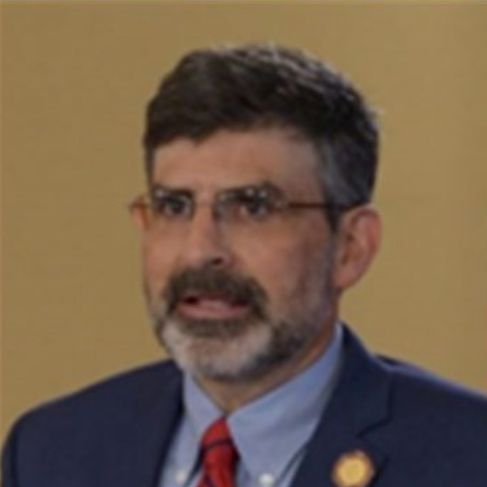


These are key messages from the October 2021 “Rebuilding Civic Education” webinar
Howard Kunreuther
Improving the National Flood Insurance Program
- Take the time to learn what is truly of interest to potential research partners.
- Anecdotes and stories can be powerful for motivating people in various ways.
- Developing guiding principles and a broad framework for your work.

These are key messages from the June 2021 “Improving the National Flood Insurance Program” webinar
Richard Mitchelmore, Ana Lucia Cardova-Kreylos, Randy Larsen & Sylvia Wilson Thomas
Breakthrough Strategies to Accelerate Team Research
- Be prepared to work outside your comfort zone.
- Committed support by the university administration is key.
- Universities are capable of responding very quickly to urgent societal needs.
- Societal stakeholders must be involved in the research from the beginning.
- It is essential for the research team to have a shared vision of the project goals.
- We can apply these lessons to tackle other global challenges.



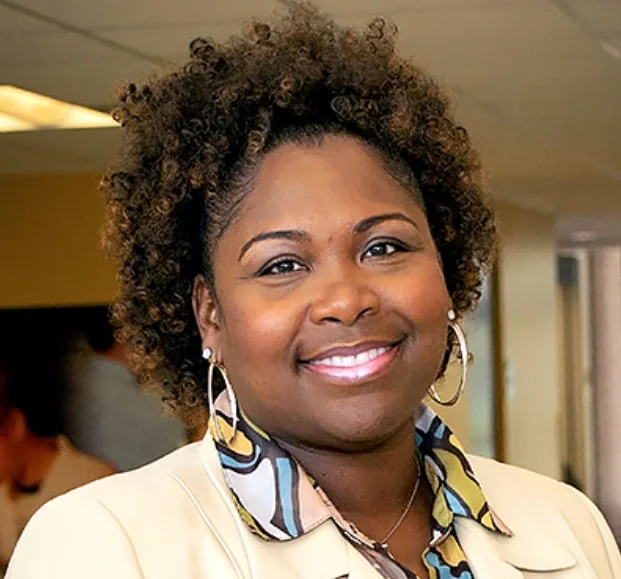
These are key messages from the April 2021 “Breakthrough Strategies to Accelerate Team Research” webinar
Carl Haber
Restoring Historical Audio Recordings
- Developing a deep partnership with experts in at least one external organization is critical to the success of a HIBAR project.
- It is essential to nurture relationships with individual people who share enthusiasm for the project.
- It is easier to maintain the enthusiasm of the research team for the duration of a long-term project if it can be structured as a series of smaller projects with specific achievable goals.

These are key messages from the February 2020 “Restoring Historical Audio Recordings” webinar
Jerry Davis & Anne Tsui
An Institutional Change Project
- The research ecosystem is highly interconnected and self-reinforcing.
- It takes collective action to change an ecosystem.
- Recruit allies who really care about the problem.
- You can’t solve every problem at once.
- Small wins add up if you are persistent.


These are key messages from the February 2021 “An Institutional Change Project” webinar
Maude David
Exploring Associations between Microbiome and Autism
- It is vital for researchers to communicate effectively with societal stakeholders.
- Crowdsourcing can be a good way to engage project participants.
- Getting to know a broad range of local stakeholders can, over time, lead to fruitful research collaborations.

These are key messages from the March 2021 “Exploring Associations between Microbiome and Autism” webinar
Sarah Rebolloso McCullough
Asking Different Questions
- Substantive and lasting change requires changing the overall system and culture.
- It is vital for universities to make space for graduate students to pursue HIBAR research.
- Universities, can, and should, support graduate students as change leaders.
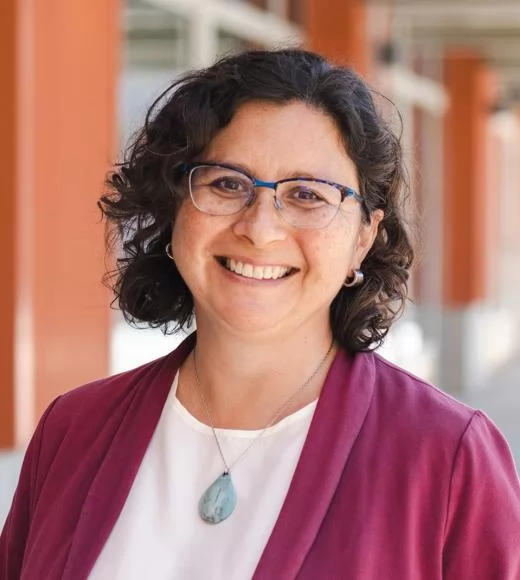
These are key messages from the October 2022 “Asking Different Questions” webinar
Katherine Kim
Predicting Readmission for Heart Failure
- A HIBAR project requires build bridges, not just grant proposals: bridges between academic disciplines, academia and industry, and professionals and citizens.
- Even small funding amounts are valuable for building capacity for HIBAR research.
- Leadership vision and programmatic contributions from funding programs are essential to enable HIBAR projects.

These are key messages from the June 2019 “Predicting Readmission for Heart Failure” webinar
Philip Evans
Forensic Detection of Illegally Logged Timber
- Communication between experts in different disciplines is critical.
- Sufficient time is needed to establish solid relationships.
- It is easier for later-career faculty to emphasize impact over publications.
- Securing funding for HIBAR projects is challenging.
- HIBAR projects often lead to new projects that are unexpected.

These are key messages from the September 2019 “Forensic Detection of Illegally Logged Timber” webinar
Ronald Hardy
Using Genomics for Sustainable Aquaculture
- It is important to involve people at different stages of their research careers in HIBAR projects.
- Substantial and ongoing communication is needed to ensure that partners are truly engaged in the basic research aspects of the project.
- If a strong shared research foundation with infrastructure and support can be built, this can encourage more HIBAR projects to flourish.

These are key messages from the November 2019 “Using Genomics for Sustainable Aquaculture” webinar
Andrea Follmer Greenhoot & Caroline Bennett
Catalyzing Change by Supporting Embedded Expertise
- Deep partnerships between researchers and practitioners enables rapid iteration of practice-informed improvements
- When institutions collaborate on change efforts, good ideas emerge and spread more quickly
- Institutional change initiatives are more often most effective if they are situated within a unit that has broad reach

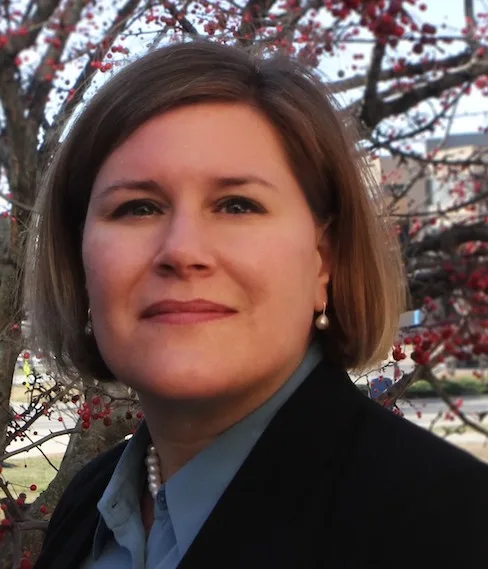
These are key messages from the December 2022 “Catalyzing Change by Supporting Embedded Expertise” webinar